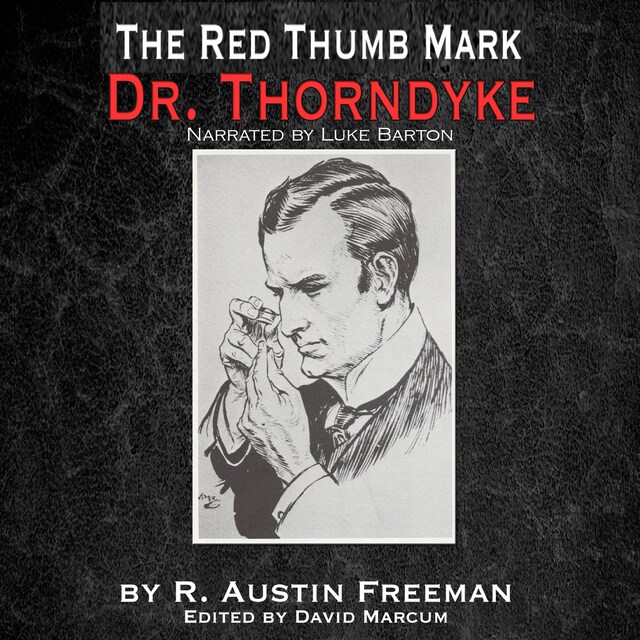
The Red Thumb Mark
Opis książki
When Sherlock Holmes began his practice as a consulting detective, his ideas of scientific criminal investigations caused the London police to look upon him as a mere ‘theorist’. And yet, through his work, the science behind catching criminals became so important that it's hard now to imagine the world without them.
Many famous Great Detectives followed in Holmes's footsteps - Nero Wolfe and Ellery Queen, Hercule Poirot and Solar Pons - but before they began their careers - and while Holmes was still in practice in Baker Street - another London consultant, Dr. John Thorndyke, opened his doors using the scientific methods developed and perfected by Holmes, even taking them to a whole new level of brilliance.
Between 1905, with his first appearance in a nearly forgotten novella, to 1942 and through the course of twenty-one novels and over forty short stories, Dr. Thorndyke (often with the assistance of his friend Dr. Christopher Jervis) unravelled some incredibly complex puzzles. Besides providing very satisfying mysteries - some of which turned the literary form inside out - these adventures present vivid pictures of England in the late Victorian and early Edwardian eras, ranging from the doctor's own vividly drawn chambers at 5A Kings Bench Walk in the Temple to the surrounding London streets and beyond.
In this first book of the series, Dr. Jervis encounters his old friend Dr. Thorndyke; soon after they are drawn into a mystery in which a man is accused of murder and his own bloody thumbprint - evidence that cannot be denied - places him absolutely at the scene of the crime. But for Thorndyke, things may not be quite as straightforward as they seem. Can one forge a thumb print? As Thorndyke investigates, it becomes apparent that he is too much of a threat, and must be removed…



